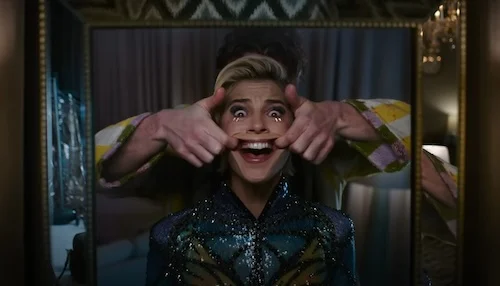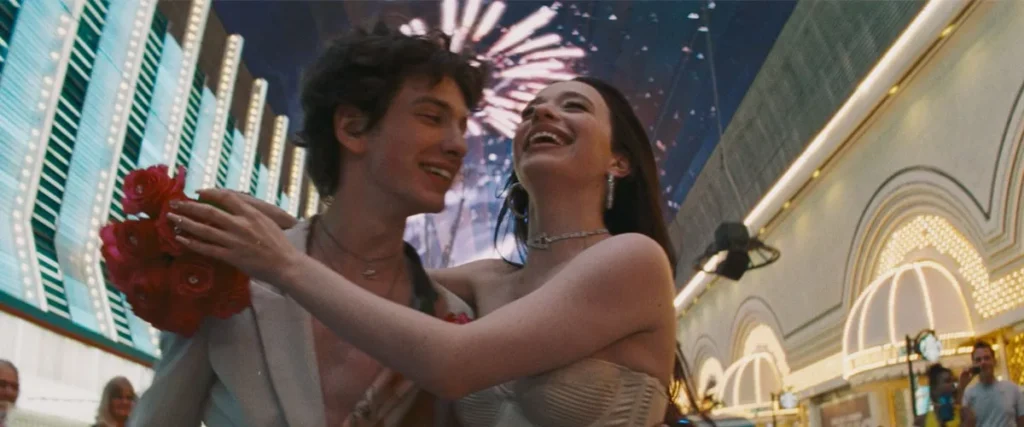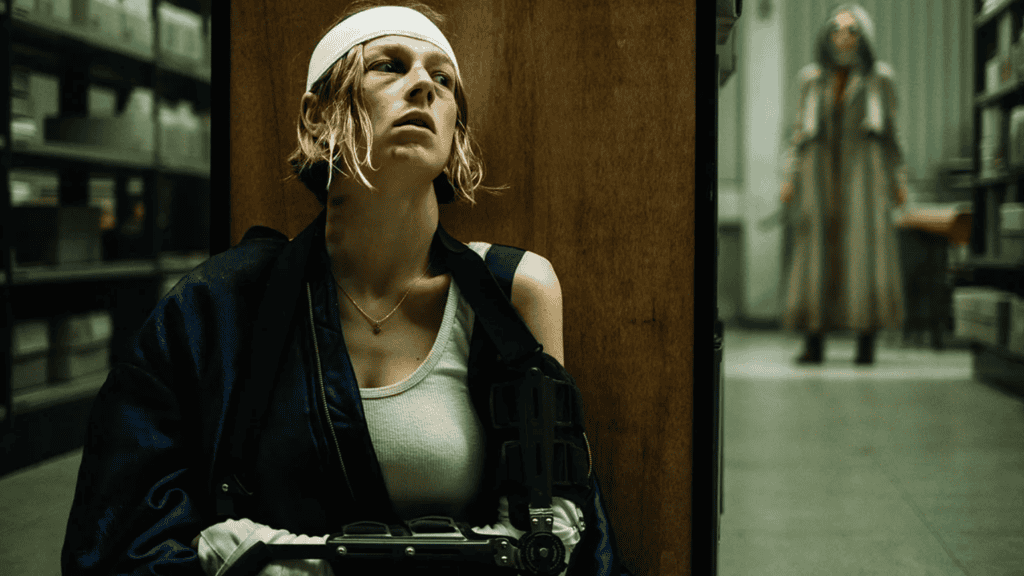Renowned for having an affinity for monsters, director Guillermo del Toro’s latest film approaches them with a more sympathetic eye, crafting a magical, gorgeously crafted work that is drenched in atmosphere and bolstered by a superb central performance by Sally Hawkins.
The film, which is set during the height of the Cold War in 1962, tells the story of a mute woman named Elisa (Hawkins) who lives in an apartment above a cinema and works at a secret government laboratory as a cleaner. While cleaning one day, Elisa and her close friend Zelda (Octavia Spencer) are present when as ‘asset’ arrives in a tank, presided over by the domineering Richard Strickland (Shannon). Elisa eventually discovers that this creature is a humanoid amphibian that seems to be intelligent, and feels an affinity towards it, especially after a few interactions with the creature.
The resulting story is del Toro at his magical realist best, sprinkling elements of the impossible with the eminently plausible deftly and in such a way that it increases the emotional impact of the work. A large part of the film’s effectiveness comes from the way the story is told rather than the story itself, and del Toro’s unique touch informs this, ensuring every frame and line resonates both thematically and visually, invoking the desired mood with every inch of the frame.
As previously mentioned, a large part of its success can also be attributed to Sally Hawkins, who excels in what is a difficult role to pull off, as a character Elisa, who does not speak but whose emotions pour out of her facial expressions and her body language. Her performance is central to maintaining that magical hold that the film seeks to have over its audience, and her ability to portray her character’s reactions, no matter how minute, perfectly is a sign of her prowess and a key part of making Elisa as well rounded as she is. Other excellent performances come from Spencer, Richard Jenkins as Elisa’s neighbour and close friend, and Michael Shannon in superb form as the vile villain of the piece: Strickland.
It is not only these elements that craft the film so perfectly though. The set design is immaculate, evoking beauty, dread and desire whenever necessary, and when put together with Dan Laustsen’s cinematography and del Toro’s flowing, seamless direction, it often dazzles and delights. Alexandre Desplat’s score is beautiful, evoking the film’s magic with every song and imbuing it with an added sense of purpose and atmosphere to put the jigsaw puzzle of pieces together.
That is very much the story of The Shape of Water. It is a film with a simple premise that becomes a lot more than just that very quickly, bringing together all its flawlessly made pieces to make a gorgeous whole that is up there with del Toro’s best work.
To see when the film is showing click here






